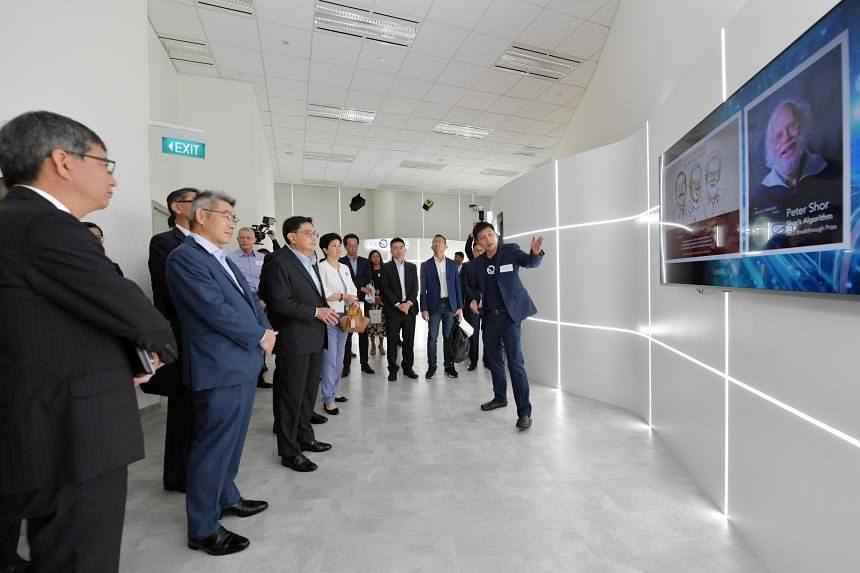State Security Service opens US DITRA-supported mobile surveillance systems integration service centre
A mobile surveillance systems integration and service centre was opened in the Operational-Technical Agency of the State Security Service, with the support of the United States Defence Threat Reduction Agency, the Service announced on Sunday.
At the opening event, Koba Kobidze, the Head of the Georgian Operational-Technical Agency addressed the audience and said the opening of the centre has been “another” proof of “dynamically” developing cooperation between Georgia and the US, noting the centre would benefit the development and improvement of the prevention and response capabilities in state and border security.
According to the US Deputy Chief of mission Rian Harker Harris, border security has been an extremely important component, ensuring the response and prevention of threats, such as harmful technologies and threat actors.
 Photo: State Security Service
Photo: State Security Service
The event was attended by representatives of the Georgian Operational-Technical Agency, the US Embassy, the US DTRA and the Georgian Ministry of Defence, as well as the Department of Special Tasks of the Ministry of Internal Affairs and the Georgian Border Police.
The Service said the new centre aimed to assemble mobile surveillance systems for agencies involved in state security, maintenance of their components and software debugging, and noted the service centre was “fully equipped” with modern engineering and technical facilities.
The Georgian Operational-Technical Agency and the US DTRA have been cooperating since 2016 to develop information technology capabilities in the field of state and border security in Georgia.



